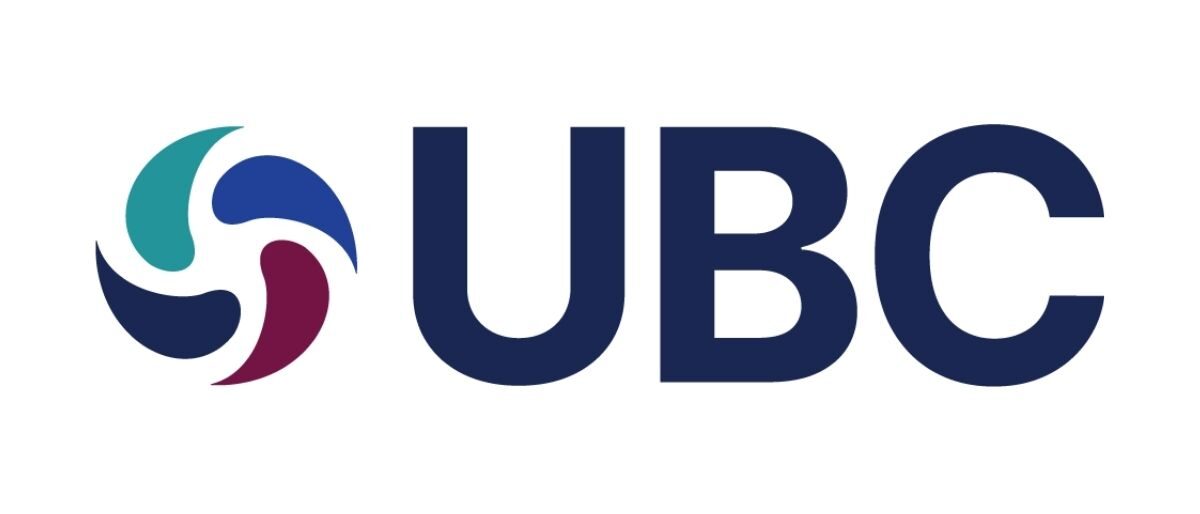The 2022 HUB and Specialty Pharmacy East conference brought together key stakeholders in specialty pharmacy, biopharmaceuticals, hub providers, and more for an informative three-day event in Parsippany, New Jersey. This gathering of industry leaders offered an interactive discussion on a variety of topics that highlighted both the successes and challenges of patient support services stemming from COVID-19.
Recurring themes included how the global health crisis accelerated the development of technology to engage with patients and increase compliance on complex specialty therapies. Digital engagement tools, coupled with connectivity to all stakeholders (patient, pharmacy, provider, and payor), help patients navigate the onboarding of specialty medications, a process made more complicated by COVID-19 restrictions in provider offices. Healthcare providers are looking for alternative ways to refer patients for treatment. Intelligent care coordination provides opportunities to optimize care and outcomes as the remote and virtual way of treating patients is becoming the norm.
This patient journey is not a straight and easily navigable path – as was demonstrated by several patients and patient advocates who highlighted the need for increased awareness of programs to assist with cost-share and navigating complicated insurance coverage. When bringing specialty therapies to market, the best-laid plans can go wrong. Specialty medications are, by nature, complex and require effective collaboration among multiple stakeholders. This alignment can be hard and there are roadblocks and challenges that can result in a patient abandoning treatment. Hub providers continue to develop innovative new technology-based tools to help with speed to therapy, decrease administrative errors, streamline and integrate with healthcare provider workflows, and assist patients with increasing financial barriers to care. Digital tools such as eEnroll, eConsent, eBV, ePA, and others help patients start and stay on therapy. Nursing education and support services can help with product administration and long-term treatment compliance. Targeted mobile messaging prompts the patient along the path to help guide them through each step.
Despite these technological advances, it is imperative for the patient to have access to human touchpoints to maintain an alternative, more personal connection, as each journey is unique to the patient, disease state, and prescribed therapy. The use of care coordinators can further facilitate education and product administration training by actively listening to patients’ concerns and seeking to understand their unique challenges as the patient makes progress towards treatment goals. Actively facilitating empathy and understanding is critical to ensuring every patient can start and stay on therapy as long as needed.
UBC guides patient journeys and drives exceptional care and outcomes by customizing solutions for leading brands and their patients. Our three main pillars include access and affordability, clinical education, and care coordination. UBC understands that specialty manufacturers need to partner with a provider that can customize services to meet the unique needs of the patient and prescribed therapy.





